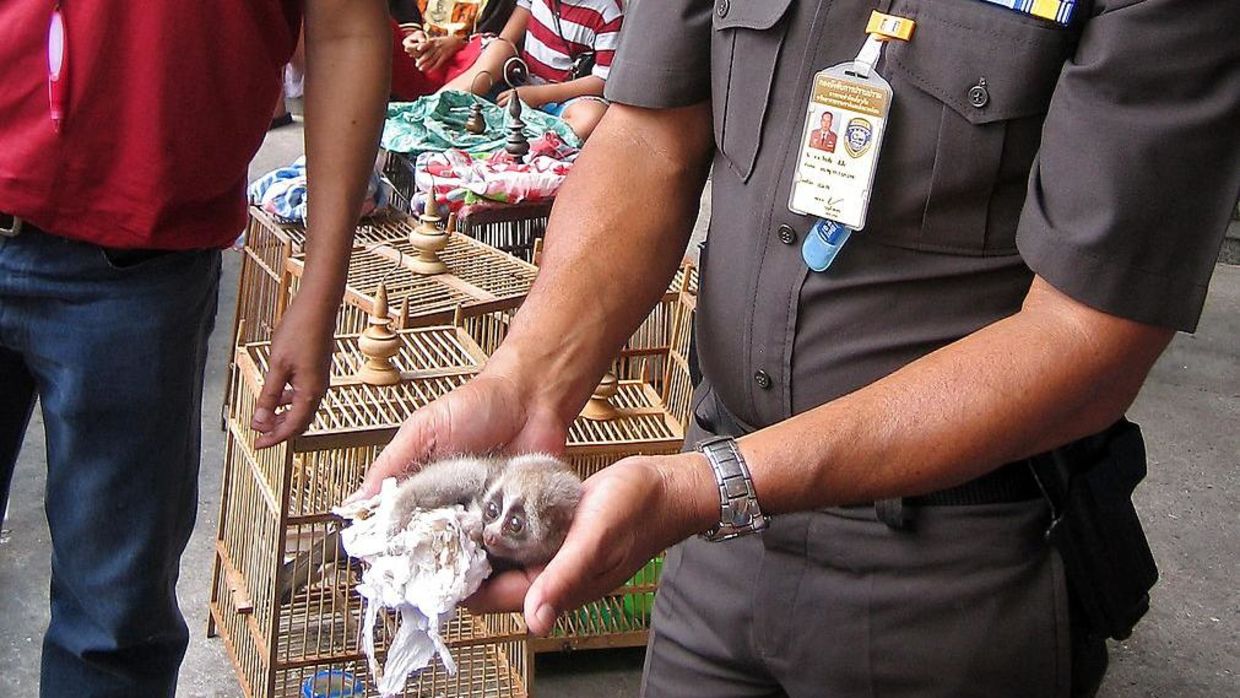
For a year, we have been told that coronavirus came from Wuhan in China. But now the WHO is questioning the narrative and has instead turned their eyes to Thailand. According to Danish WHO researcher Thea Fischer who has just returned from Wuhan in China, the virus may have originated from bats in Thailand, writes Danish daily Politiken.
Specifically, the Chatuchak Market in Bangkok, which sells everything from African meerkats to South American river pigs.
“It is precisely such a market as Chatuchak that we look at with fear, because blood, feces, saliva, fur and all sorts of other material that may contain viruses come into contact with many other animals and humans,” says Thea Fischer, Professor of virus epidemics at the University of Copenhagen.
To TV2, Thea Fischer says, “We have discovered that the virus probably originated from the horseshoe bat originally. This type of bat is found both in southeastern China, but it is also found in other countries such as Cambodia and Thailand.”
The WHO-led team of experts recently completed a visit to Wuhan to examine the origin of the coronavirus and trace the source of the pandemic. After a month in the Chinese city, the dominant hypothesis among WHO’s researchers now is that the virus first appeared in bats in either South China or other countries in Southeast Asia, after which the virus spread to another animal and on to humans.
Thea Fischer explains that Thailand within the last week has reported that a virus has been found in horseshoe bats from caves in Thailand, which is very similar to SARS-CoV-2 found in China. The coronavirus was first discovered in Wuhan around New Year a year ago and it is believed to have spread from a food market where live animals were sold. According to Tea Fischer, it is possible that the virus came to Wuhan via an animal that was originally sold at a market in Thailand and then resold at the food market in Wuhan.
Another possibility is that a human has been infected at a market in Thailand and then subsequently traveled to Wuhan, the researcher says. Adding that there is still a long way to go before the exact source is found.
Following the visit to Wuhan, the WHO research team now also has a presumption that the outbreak in December 2019 was more extensive than previously known. Peter Ben Embarek, WHO-team leader says to CNN that the virus circulated widely in Wuhan as early as December, and experts found that there were over 12 variants of the coronavirus in Wuhan in December.
Chinese researchers presented the team with 174 cases from December. The 100 were confirmed in laboratory tests. The remaining 74 were diagnosed through patients’ symptoms. The numbers mean that more than 1000 people were probably infected in December, Peter Ben Embarek says.





